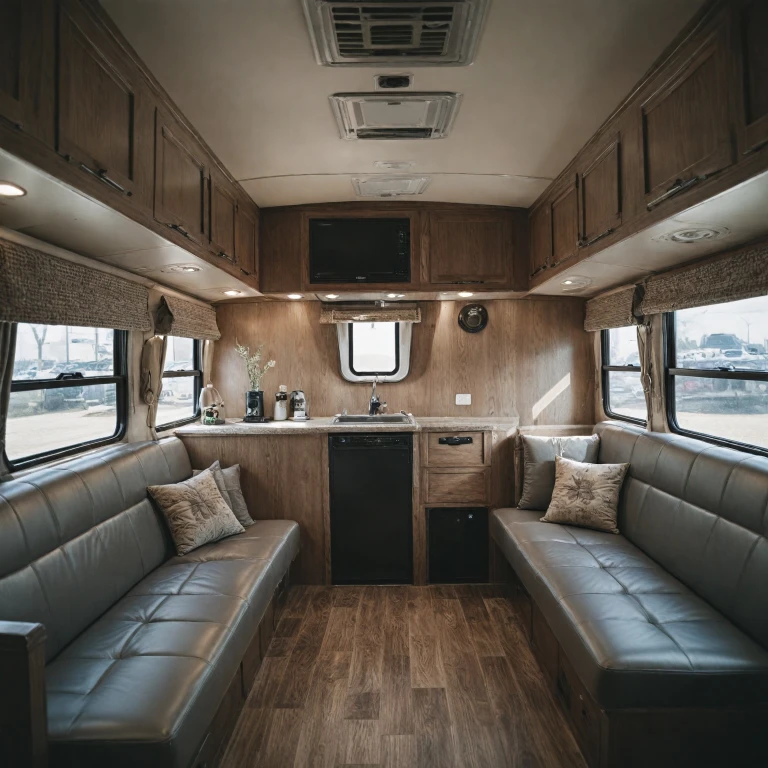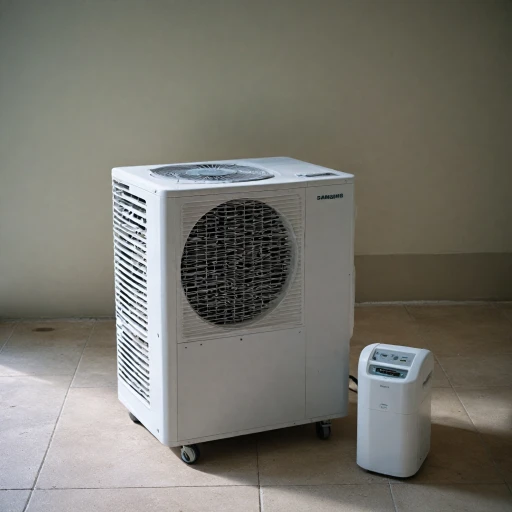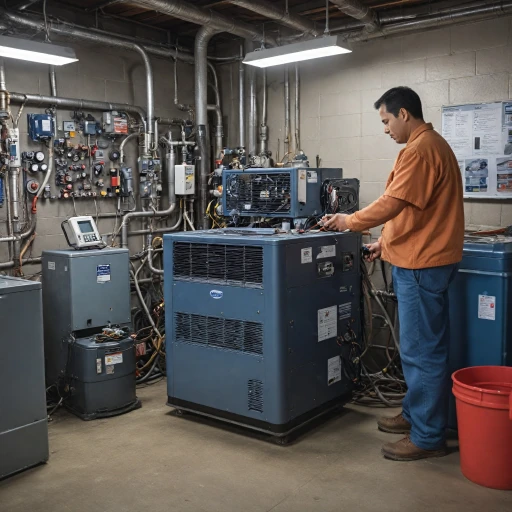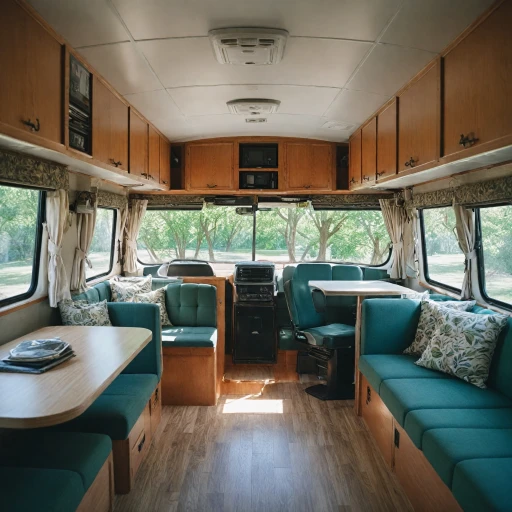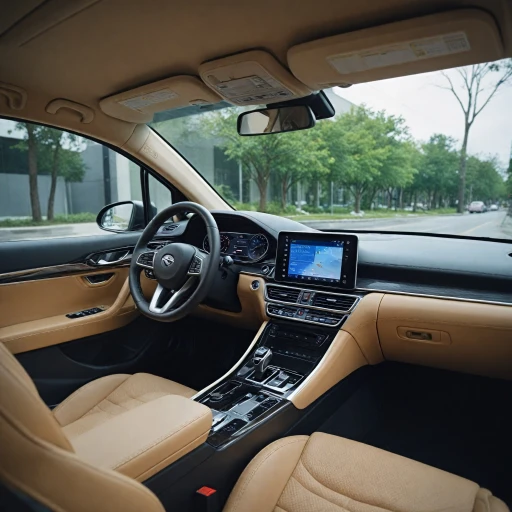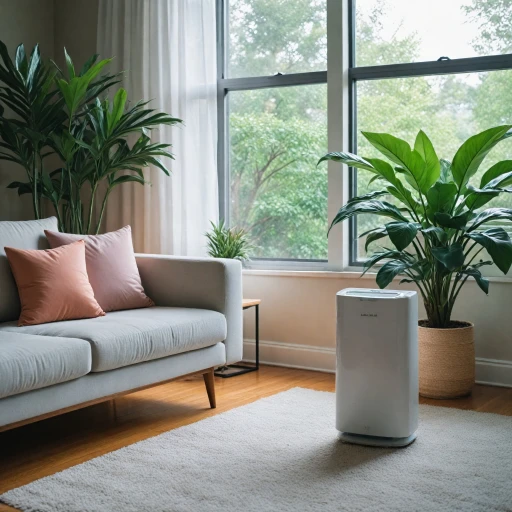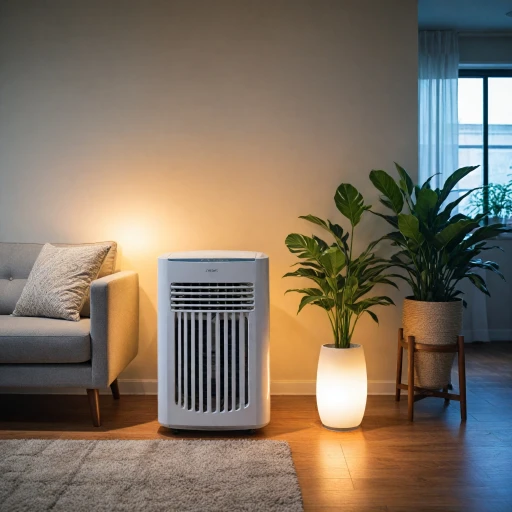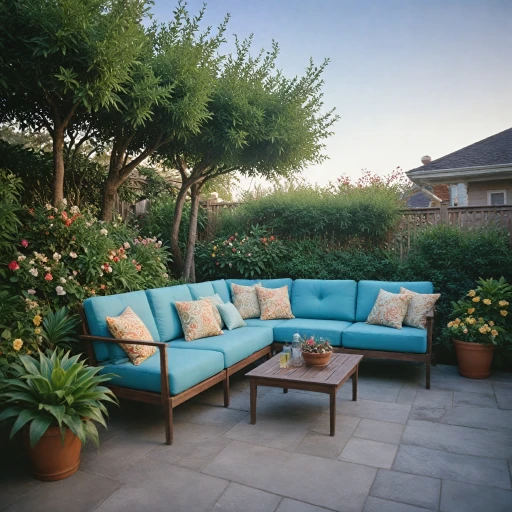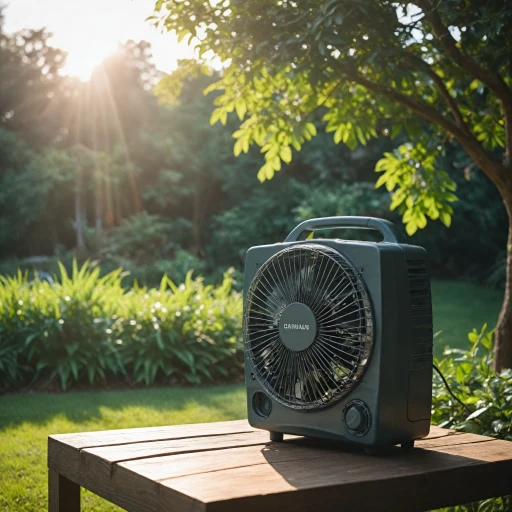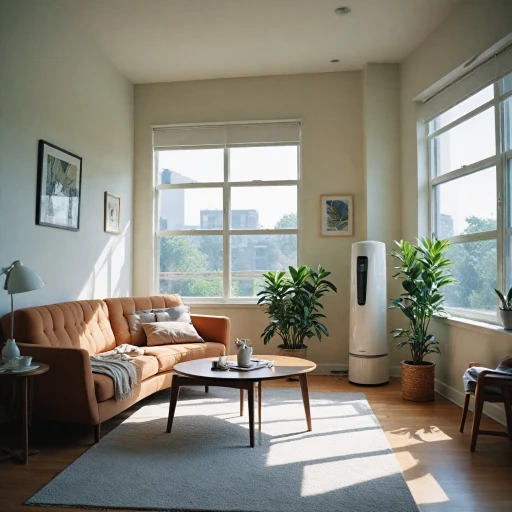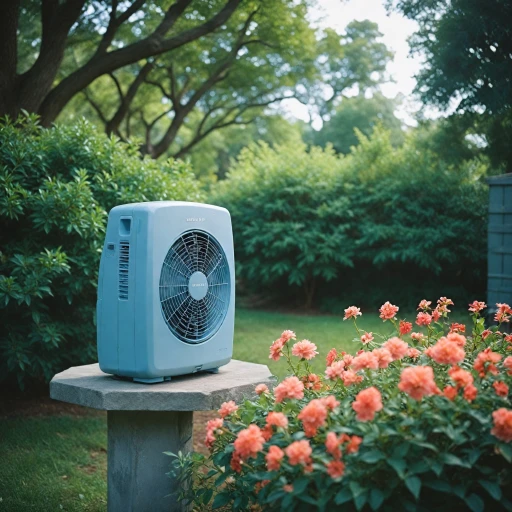
Understanding the Need for Air Conditioning in Enclosed Trailers
Recognizing the Importance of Cooling Systems for Trailers
Enclosed trailers are popular for their versatility, providing an excellent solution for transporting goods, tools, or even acting as a temporary workspace. However, the importance of maintaining a comfortable temperature inside these trailers is often overlooked. Overheating can cause discomfort and even damage materials, especially in hot weather conditions.
Installing an efficient air conditioning system in an enclosed trailer enhances the usability of the space, making it adaptable for various uses throughout the year. An air conditioner helps regulate the temperature, ensuring both the workspace and stored items remain in optimal condition. If you’ve invested in a trailer with extra height or one with full electric brakes, adding a portable air conditioner can maximize your investment.
When considering air conditioning options for trailers, it's important to evaluate the variety of portable air units available. Each has its own benefits and might be more suitable for different types of trailers, whether they have a side door, rear door, or a roof vent. By exploring the available benefits of a Portacool fan, you can determine if such a solution would complement the cooling system needed for your trailer.
Regardless of the specific requirements, portable air conditioning is fundamental in transforming a standard enclosed cargo trailer into a more versatile and comfortable space. Moving forward, attention to unit selection, installation, and energy efficiency will further optimize the cooling performance inside the trailer.
Choosing the Right Portable Air Conditioner for Your Trailer
Identifying Key Factors for Choosing the Ideal Unit
Choosing the right portable air conditioner for your enclosed trailer involves various considerations. The first factor to evaluate is the size and layout of the trailer. The capacity of the air conditioner, measured in British Thermal Units (BTU), should match the trailer's interior volume to ensure effective cooling.
For enclosed trailers with extra height, ensure the selected unit has sufficient cooling power. Moreover, prioritize options with adaptable features, such as the ability to fit through a side door or rear door. These practical considerations prevent the need for significant cargo trailer modifications.
When selecting a portable air conditioner, it's crucial to assess power requirements. Trailers with electric brakes and existing power sources may need a compatible unit to fully utilize the available energy without overloading the system.
Installation style and location is another significant aspect. Some trailers prefer a window unit, other options include installation near a side or rear door or through the trailer's roof. Evaluate custom options that fit seamlessly into your trailer's design, ensuring functional and aesthetic compatibility.
The budget is an inevitable consideration for most, so compare the price of different units, often found on platforms such as Amazon. Reading customer reviews can provide genuine insights into performance and durability, offering reassurance with your purchasing decision. For further guidance on understanding components that might inform your decision, explore more about air conditioning in trailers.
Installation Tips for Portable Air Conditioners in Trailers
Steps to Ensure Safe and Effective Installation
When installing a portable air conditioner in an enclosed trailer, certain factors need careful consideration for optimal performance and safety. Though installation might seem straightforward, it requires attention to detail.Consider Location and Venting
Select a location for the unit where it can easily access the exterior of the trailer through a window or vent. A roof vent may be effective, but ensure it's sturdy enough to support the weight and operation of the air conditioning unit. Alternatively, you can consider using the side door as a vent option.Proper Placement
To maximize cooling efficiency, the unit should be placed near a power source. Remember, the unit needs to perform effectively without overworking. It's wise to keep the space around the air conditioner clear, allowing for proper air circulation and heat dispersal. Ensure that the selected spot does not obstruct routine activities inside the trailer. The rear door or other space-sharing components, like electric brakes, should not interfere with the unit's operation.Easy Access for Maintenance
Accessible placement becomes crucial for regular maintenance, such as cleaning filters or dealing with unexpected issues like leakages or drainage management. For more insights on managing drainage, you might find further guidance on expanding your understanding of how portable heat pumps manage drains useful.Securing the Unit
During transit, securing the unit is paramount to avoid damage or accidents. Customized options like brackets can be used, ensuring the air conditioner isn't only effective but also safe during transport. Ensure all installations adhere to manufacturer guidelines and seek professional advice when unsure. Efficient installation contributes not only to performance but also aligns with energy efficiency considerations, reducing complications of premature wear or excessive operation costs. Always review customer reviews, forums, or sites like Amazon for insights into the best portable air units suitable for trailers with particular configurations such as extra height or cargo realities.Energy Efficiency Considerations
Maximizing Energy Efficiency for a Cooler Experience
When considering a portable air conditioner for your enclosed trailer, optimizing energy efficiency is crucial. This helps in reducing costs while maintaining a comfortable environment. Portable units come in various models with differing efficiencies, and you should take into account several critical aspects.
- BTU Rating: Select an air conditioning unit with an appropriate BTU rating. Higher BTU numbers generally indicate more powerful cooling capacity, but you should balance it according to the trailer size. For example, a cargo trailer with extra height and large doors will require higher BTU units.
- Power Options: Analyze the power source compatibility within the trailer. If your trailer has electric brakes or a complex power system, it affects the type of unit you can use. Make sure your air conditioner works well with available power options.
- Ventilation: Ensure proper ventilation inside the trailer. A model with custom options for air intake and exhaust, like through a roof vent, enhances the unit's performance.
- Location: The placement of your air conditioning unit influences energy use effectiveness. Avoid installing it near doors with frequent openings, like a side door or rear door.
- Seal Considerations: Pay attention to sealing around the roof or window unit installations. Proper sealing helps in reducing the need for constantly running the unit, thereby saving energy.
- Insulation: Enhance your enclosed trailer with insulation. This addition can significantly reduce heat entry, making your air conditioner's job easier and more efficient.
Understanding and implementing these energy-efficient strategies will not only lower your utility bills but also extend the lifespan of your air conditioning unit. Consider checking online platforms such as Amazon where customer reviews might assist in selecting the most efficient units for your needs.
Maintenance and Troubleshooting
Keeping It Running Smoothly
Proper maintenance of your portable air conditioner in enclosed trailers is essential to ensure optimal performance. Regular check-ups and a bit of know-how can prevent unexpected breakdowns, keeping your unit in top shape. Here’s what you need to consider:- Filter Cleaning: Over time, the filter in your air conditioning unit will collect dust and debris. Regularly clean or replace the filter to maintain airflow and efficiency.
- Drainage: Portable units often come with a manual or auto-drain option. Ensure the drain system is clear to avoid water overflow. Understanding the workings of your unit’s drainage system can offer long-term reliability.
- Inspect Power Cords: Check power cords and connectors regularly for any signs of wear. A damaged cord can not only hinder performance but also be a safety hazard in enclosed trailers or if you utilize electric brakes.
- Seal Unit Properly: After installation through the side door or cargo area, ensure that seals around the portable unit are intact to keep hot air out and cold air in.
- Assess Cooling Capacity: Depending on your trailer’s size – be it a cargo craft or one with extra height – confirming your unit’s BTU rating is crucial for efficiency.
Enhancing Comfort Beyond Air Conditioning
Supplementary Cooling Factors
When it comes to achieving optimal comfort levels inside trailers, it's crucial to recognize that an air conditioner is just one piece of the puzzle. Although trailers with portable air units ensure a cooler environment, there are additional considerations that can complement your cooling efforts.- Insulation: One of the primary aspects influencing the efficiency of an air conditioning unit is the trailer's insulation. Insulated walls, roof, and floor can significantly reduce heat transfer, keeping the internal temperature steady even on sweltering days. Materials like spray foam are particularly effective, providing a snug, energy-efficient barrier.
- Ventilation: Enhancing airflow through tools like roof vents or side windows is vital. A well-placed roof vent or a side door with a mesh screen can facilitate natural air circulation, reducing the reliance on your portable air unit while minimizing humidity levels inside trailers.
- Reflective Coatings and Shades: Installing reflective coatings on the exterior walls or roof of a cargo trailer can mitigate the heat absorbed from direct sunlight. Alternatively, shades on windows or white roofs can decrease the overall heat gain, allowing the air conditioner to work less strenuously.
- Efficient Layout: The way you arrange the contents of an enclosed trailer can impact air circulation. Avoid cluttered spaces that can obstruct airflow. Strategically placing cargo and keeping pathways clear along the sides will enable your air unit to distribute air effectively.
- Additional Cooling Accessories: There are options available such as fans powered by electric brakes or solar-powered units, which, when used in tandem with your trailer’s air conditioning, can spread cool air across every corner. These alternatives can often be found at competitive prices on platforms like Amazon.

